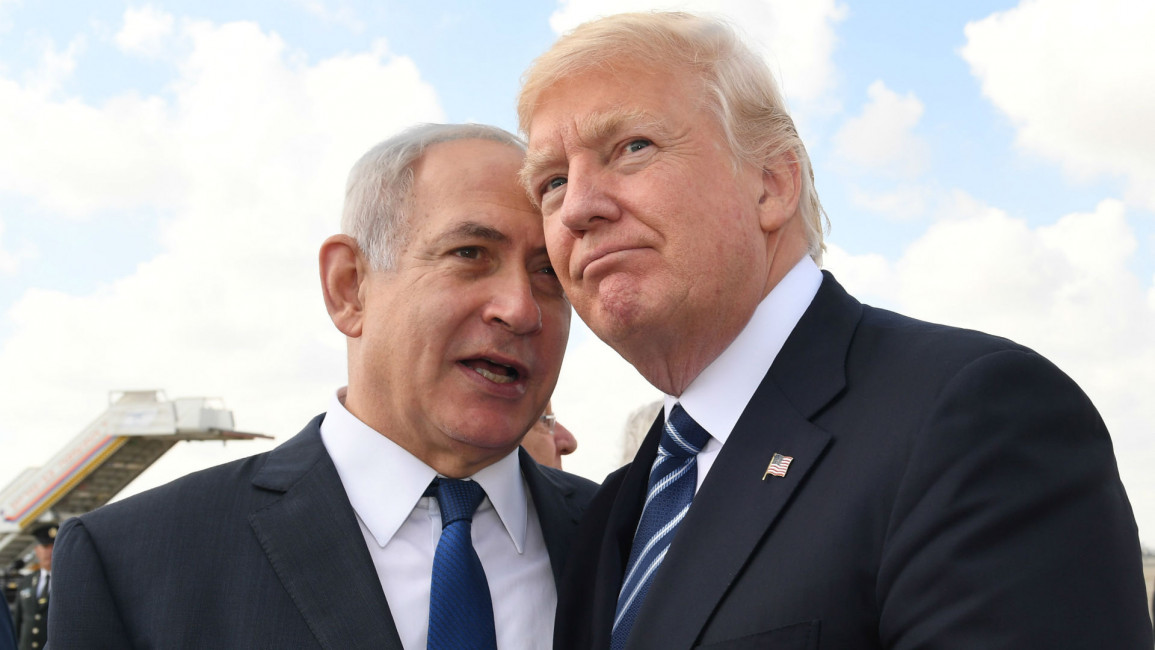EU to take on Israel over 'illegal' West Bank annexations: Luxembourg minister
The bloc is alarmed by the incoming Israeli unity government's plans to annex Jewish settlements in the West Bank, which it says would violate international law and harm the chances of peace with the Palestinians.
But there is no agreement among EU countries over what punitive action to take should Israel press ahead with the move, which has the support of US President Donald Trump.
In an interview with AFP, Luxembourg's veteran Foreign Minister Jean Asselborn said he had discussed a declaration with his EU counterparts during video talks on Friday.
"A very large number of countries on Friday supported a draft text that we drew up with my Irish counterpart Simon Coveney in which we warn against an annexation that would be a violation of international law," Asselborn told AFP.
Read also: Remembering 72 years of the Nakba in the shadow of annexation
He said Austria and Hungary had refused to sign the declaration, so it could not be issued in the name of all 27 EU states.
"But the fact that a very large number of countries support this line is a success," he said.
The Israeli unity government formed by Prime Minister Benjamin Netanyahu and his former rival Benny Gantz is due to be sworn in on Sunday, and the plan is for the statement to be issued after that, on Monday.
"We are not talking about sanctions. We're talking about prevention. This text is not aggressive," Asselborn said.
The four-point statement welcomes the new government and recalls the EU's close ties with Israel, but warns annexation would violate international law.
"The European Union wants to cooperate with neighbouring states and countries in the region and reiterates its support for a negotiated two-state solution for a viable peace perspective between Israelis and Palestinians," Asselborn said.
"There is no alternative to this solution. No-one has presented another viable solution," Asselborn said.
Twitter Post
|
The EU has criticised Trump's Middle East peace plan, unveiled in January, which gave Israel the green light to annex key parts of the West Bank.
"If we don't succeed in convincing Israel to give up its project, the hardest part will be ahead of us," warned Asselborn.
After Friday's talks the EU's foreign policy chief Josep Borrell said he would make a concerted diplomatic push to try to steer Israel away from annexations.
But he admitted there were deep divisions among the EU states, as some like Asselborn push for a tough line and others argue for dialogue.
A European official insisted that options for punitive measures were in place: freezing bilateral agreements, suspending scientific cooperation, cancelling trade preferences and recalling ambassadors.
But adopting such measures would require unanimity among the 27 EU countries.
Meanwhile,Jordan's king on Sunday warned Israel of a “massive conflict” if it proceeds with plans to annex large parts of the occupied West Bank.
“Leaders who advocate a one-state solution do not understand what that would mean,” Jordan's King Abdullah II said in an interview with the German magazine Der Spiegel published on Friday.
“What would happen if the Palestinian National Authority collapsed? There would be more chaos and extremism in the region. If Israel really annexed the West Bank in July, it would lead to a massive conflict with the Hashemite Kingdom of Jordan,” he said.
Jordan is a close Western ally and one of only two Arab states to have signed a peace treaty with Israel. Abdullah declined to say whether annexation would threaten that agreement.
“I don’t want to make threats and create an atmosphere of loggerheads, but we are considering all options. We agree with many countries in Europe and the international community that the law of strength should not apply in the Middle East," he said.
Agencies contributed to this report.
Follow us on Facebook, Twitter and Instagram to stay connected



